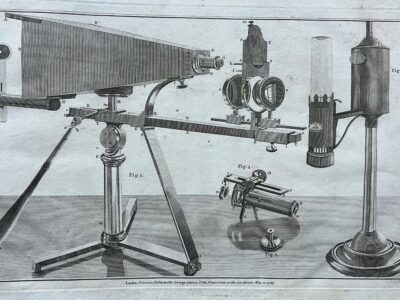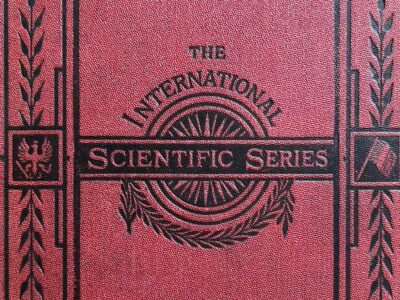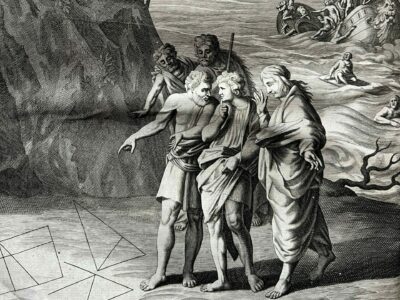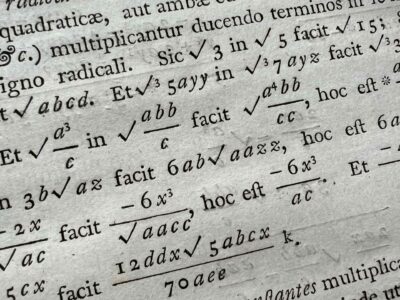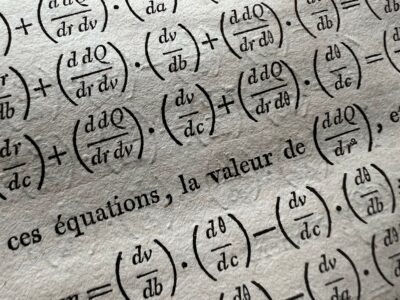Science and Engineering
The Devon and Exeter Institution was founded in 1813 for 'the general diffusion of science, literature and the arts'. That 'science' is at the head of the Institution's foundational aims is significant. The Institution was founded in a period of transformative scientific developments and inventions that impacted every aspect of life. The founders were interested in collecting books published to satisfy the general public's great appetite for knowledge; the science collection, originally described in the 1816 catalogue as 'Natural Philosophy, Chemistry and Mathematical Sciences', reflects the principle interests of the Industrial Revolution: natural philosophy, mathematics, astronomy, chemistry, physics, mechanics, engineering and surveying and microscopy.

George Parker Bidder (1806-1878)
A short account of George Bidder, the celebrated mental calculator (1821)
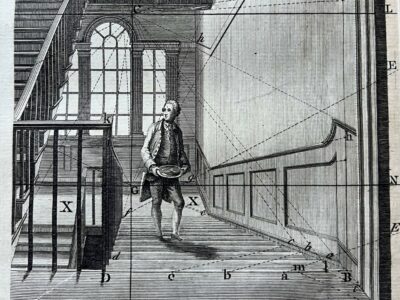
Thomas Malton the Elder (1726-1801)
A compleat treatise on perspective: in theory and practice (1776)
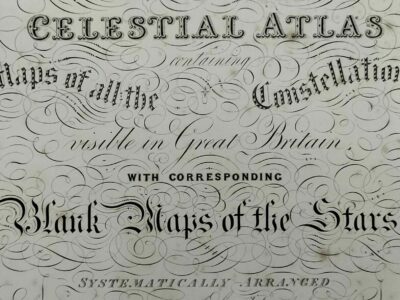
James Middleton
A celestial atlas, containing maps of all the constellations visible in Great Britain (1842)
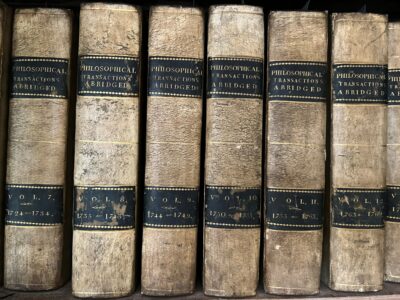
The Royal Society
Philosophical transactions of The Royal Society (First volume published in 1665)

John Smeaton (1724-1792)
Narrative of the building and a description of the construction of the Edystone lighthouse with stone (1813)

Thomas Tredgold (1788-1829)
The steam engine: its invention and progressive improvement (1838-1840)

Thomas Young (1773-1829)
A course of lectures on natural philosophy and the mechanical arts (1807)

